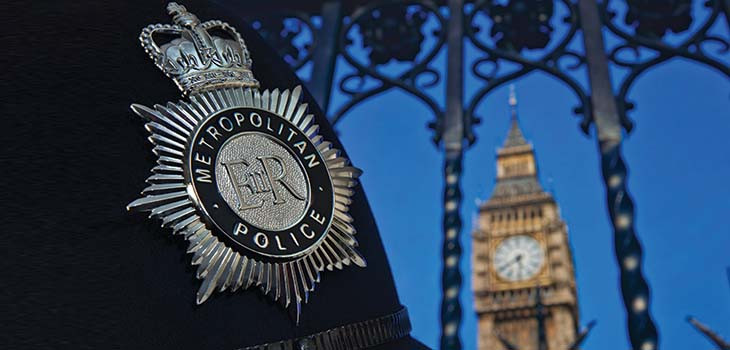
Parpworth traces the journey of the Bill, and the arguments put forward for and against its provisions, including Lord Paddick’s comments on the racially disproportionate use of stop and search, and its damaging impact.
He writes: ‘The Lords’ act of excising clause 11 from the Public Order Bill at the report stage thus represents a tangible manifestation of justifiable concerns relating to the very existence of suspicionless stop and search powers… Thus far, however, the government has acted unwisely in this matter. Accordingly, while it is hoped that the Home Office will take heed of the Lords’ opposition to a new suspicionless stop and search power and refrain from reintroducing clause 11 when the Bill returns to the Commons, the likelihood is that it will.’










